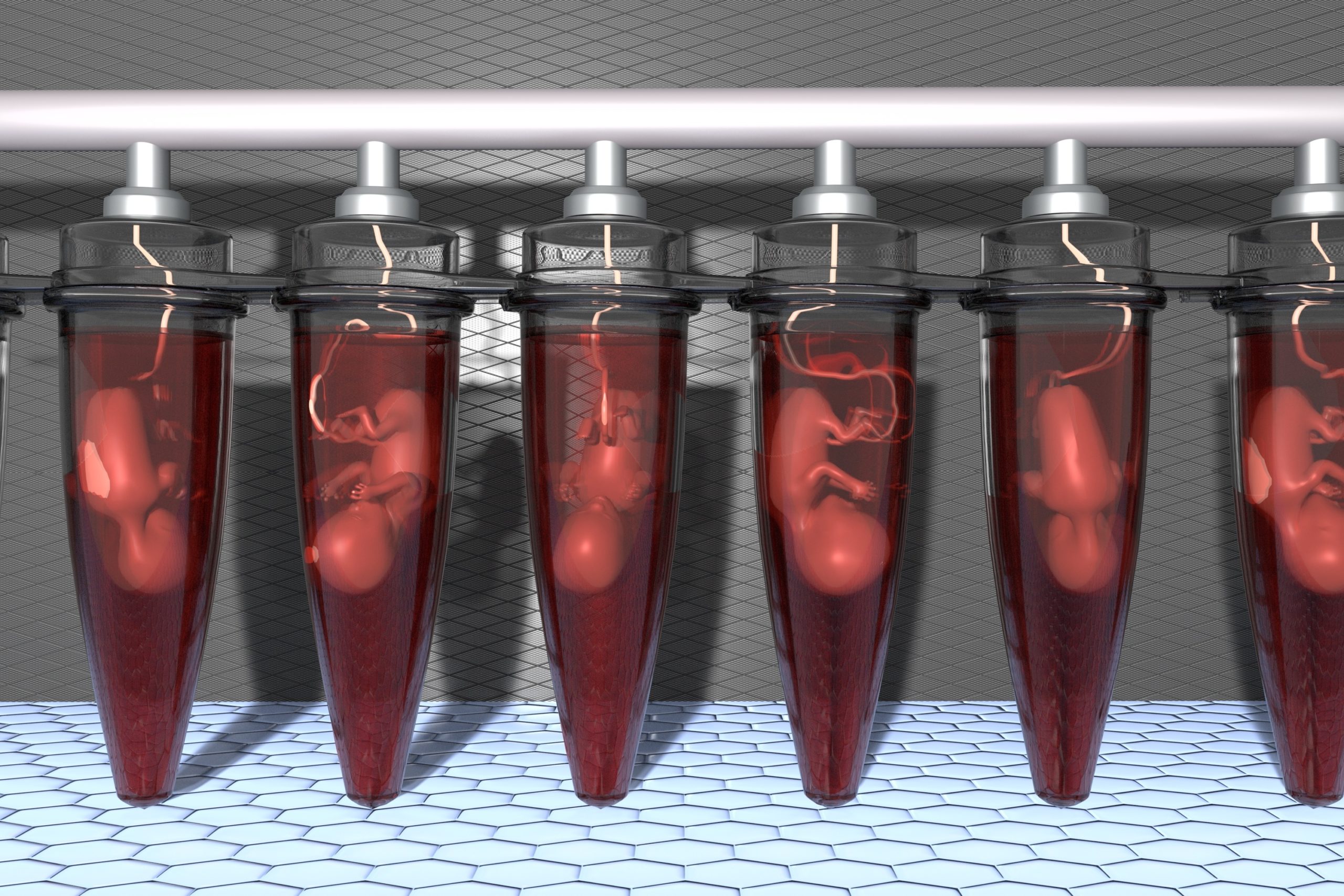
28 mars 2023
The topic of human cloning for reproductive purposes is a complex and controversial issue that raises a plethora of moral, ethical, medical, and theological questions. However, perhaps one of the most fundamental and contentious questions surrounding this topic is whether or not a cloned human would possess a soul.
While some individuals may believe that the answer to this question is straightforward, others may find themselves questioning the nature of the soul and how it comes into existence. Some individuals may even argue that it is impossible for a soul to be created through human cloning. Ultimately, one's perspective on this issue will be informed by their beliefs about the creation of the soul.
It is important to note that the Bible does not provide any direct answers on this topic. As such, it is crucial that individuals approach this issue with care and avoid being dogmatic. Instead, individuals should strive to examine this topic from a variety of different perspectives, including scientific, spiritual, and practical viewpoints.
From a Christian perspective, there are two biblically-supported positions regarding how immaterial souls are created. The first position, known as creationism, holds that God directly creates the soul at the moment of conception. The second position, known as traducianism, argues that physical conception, through the parents, creates the soul.
However, it is important to establish some key terms before further exploring these positions. In this context, a "human" refers to a biological member of Homo sapiens, while a "person" refers to the complete individual, encompassing the mind, body, soul, and spirit, with an emphasis on the spiritual aspect. "Clone" and "MZ twin" refer to individuals created through the processes of nuclear transfer cloning and natural cloning (i.e., monozygotic twins), respectively.
Nuclear transfer cloning involves removing the nucleus of an unfertilized egg cell and replacing it with the nucleus of a donor cell. The newly-formed cell is then stimulated and begins to divide, resulting in an organism with DNA identical to the donor's. In therapeutic cloning, growth occurs in a lab environment, while in reproductive cloning, growth occurs in the womb of a surrogate mother and can result in the birth of a fully-formed duplicate of the donor.
Interestingly, MZ twins are natural clones, as they result from one sperm and one egg joining to create a single fertilized cell, which then splits into two or more separate embryos that develop independently. MZ twins are essentially each other's clones, and thus the biological (genetic) duplication of humans already exists in nature.
From a creationist perspective, clones would likely possess souls because God is directly involved in their creation. It is possible that God imbues a single soul into a fertilized zygote, creating additional souls if or when the zygote splits. According to creationism, the method used to create the physical body is irrelevant when it comes to the soul's creation. Whether the individual was conceived, cloned, or otherwise created, creationism holds that God creates the soul, and there is no reason to believe that He would not do so for all human beings.
Traducianism, on the other hand, introduces several complications when it comes to cloning. According to this position, both the body and soul are inherited from the parents. In particular, traducianism holds that a person's sin nature is inherited from Adam via their father. This suggests that when a sperm and egg combine to create the DNA of a new human, a soul is simultaneously created.
However, in the case of cloning, there are no "parents," only a single donor contributing genetic material that is then duplicated. There is no conception, only the replication of existing DNA. This raises questions about the transmission of souls, according to traducianism. For example, a clone would have neither a mother nor a father in the traditional sense, so how would the soul be transmitted?
One possible argument is that the donor cell from which the clone is created is analogous to the sperm or egg cell from a parent. In this case, the clone would inherit its soul from the donor cell. However, this perspective raises further questions, such as whether a donor cell could have a pre-existing soul, and whether that soul could be duplicated through cloning.
Another perspective is that the soul is not inherited from the parents at all, but rather created by God at the moment of conception. This would suggest that clones, which are created through a different process than natural conception, would also have souls. However, this perspective may not align with traducianist beliefs, which emphasize the inheritance of the soul from one's parents.
Overall, the question of whether or not a cloned human would possess a soul remains a complex and contested issue. While creationism provides a straightforward answer, traducianism raises complications when it comes to cloning. It is important for individuals to approach this topic with sensitivity and respect, considering a range of perspectives and recognizing that there may not be a definitive answer. As with many ethical issues, the answer ultimately depends on one's beliefs and values.